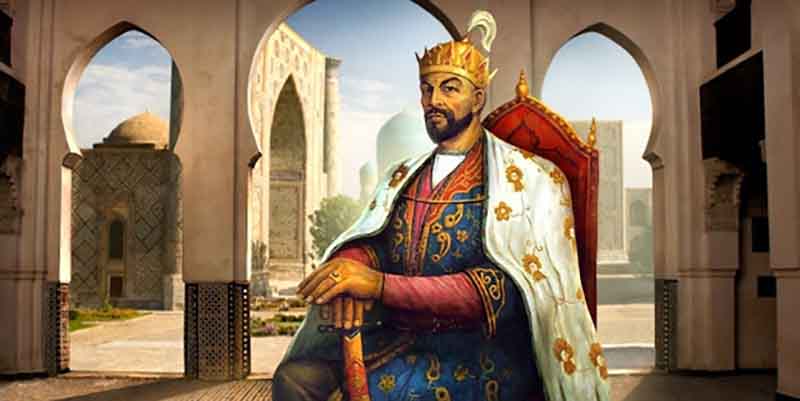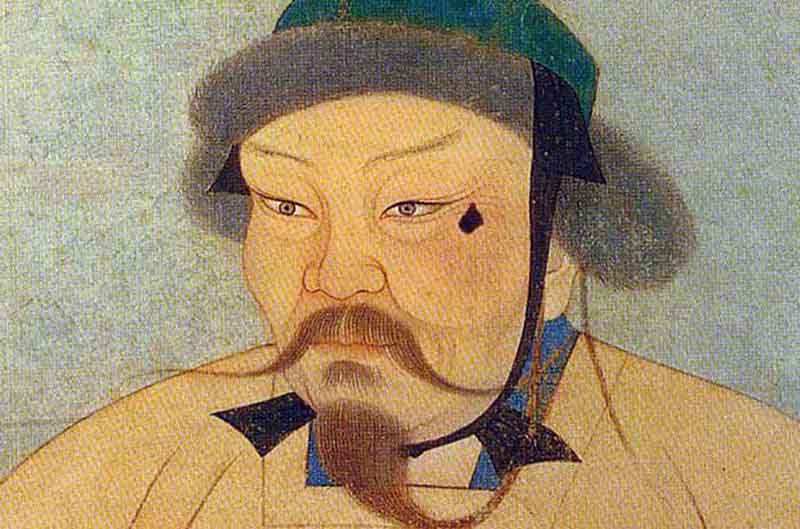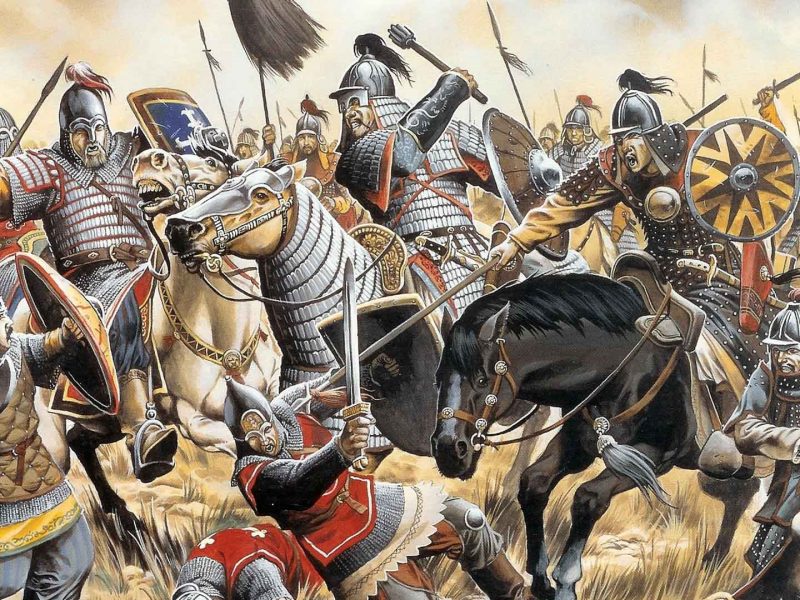Can an underdeveloped society without a plan use their resources effectively and efficiently? Can a no-plan manager increase the quality of the workplace or the country’s governance? Can a society that cannot produce healthy and reliable data, regardless of discourse, achieve the goal of a prosperous welfare society? We can easily guess the answer to all these questions is a big no! The key to success is to possess relevant and true information. Let’s discover the Yam System, which enabled information to pass quickly among long distances.
Key to Mongol Power
We learn from Robert Marshall’s work from the BBC that the Mongol rulers were open to the world. They adopted the Uighurs’ alphabet and legal system. They took the Khitais’ vocabulary, concepts, and institutions, together with the governing system called “Durağacı” that nominated the governors of the places they conquered.
We say “trick” about getting something done at the best level. It has an important place in social life. But the trick is not enough to create long-term development. It is necessary to add intellect to the trick to move to the stage of creative applications. It is like setting up a world empire from nomadic tribes.

Tamerlane
The educational institutions needed to be committed to training leaders of thought and faith to express the legitimacy of the empire. A system of intelligence was required in order to establish and maintain long-term empires. Previously, when territory was seized without communication between the Han and the governing Durağacı, the lands gained would not be held for a long time.
A fast and reliable communication system ensures that small or large structures are long-lasting. The Mongol Khan Ogeday was the one who created the structure of fast and reliable communication and intelligence, developed its function, and created its culture. His duties created a network of couriers with variable horsemen. The horsemen accompanied the visitors when necessary; on thousands of kilometers of roads, the flow of people, goods, and precious metals was secured.

The Mongol Khan Ogeday
Power of the Yam System
The most important tasks of the Yam System were to deliver the Han’s orders as soon as possible and to keep them informed of local issues.
Horse care centers were created in an interval of about 40 to 50 kilometers. Water wells were opened in established centers; their safe use was ensured. The best horses were given to these centers by the local population.
Whose behalf the messengers acted on was determined with “paiza” which was a type of identification. Paiza was usually made of wood and was about 50 centimeters long. Those who represented higher positions could be silver and gold.
Marco Polo wrote that the messengers traveled 300 to 500 kilometers a day. The empire was won on horseback, but could not be governed on horseback, Ogeday said. He was aware of the power of building systems, networking, pattern recognition, and context analysis. He set up principles and rules for the proper functioning of the palace. Schools opened to raise civil administrators and increase their merit.
Information is Key to Success

Golden paiza
Various sources say that the Khans of Mongolian origins (who were managing India) also benefited from the Yam System. When the Mongol army passed through the Tuna River near Hungary, the Khan in Ulanbatoor could learn that one of the armies was late for the planned time within two days.
The details of how Tamerlane from the Yam System benefited can be understood by reading Justin Marozzi’s book Tamerlane: Sword of Islam, Conqueror of the World. Ruy Gonzales de Clavijo, who was sent as an envoy to Tamerlane by the king of Castile Enriquez III, under the direction of Tamerlane, who saw intelligence as a state work, recorded that a stunt-minded reporter, if he met someone with a rested horse, must give it to the messenger, even at the cost of death. The emissary was also informed that Tamerlane’s son and his entourage had to give up their horses on the way to Samarkand when they met the messenger once.
The significant role Tamerlane played in giving importance to intelligence is quite evident upon studying the details of this history.
“A skilled plan can carry out the task of 100 thousand fighters.”
Tamerlane

